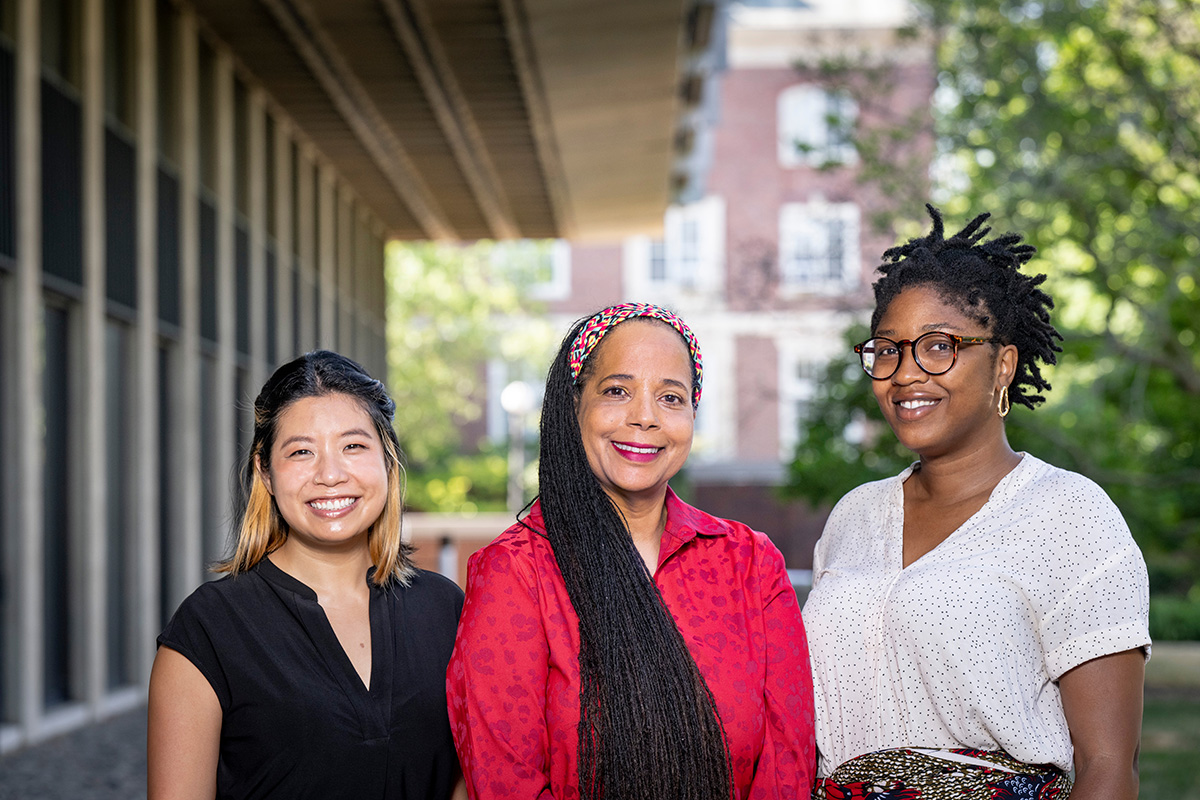States
Psychologists Develop Innovative Training Models To Combat Racism And Injustice

Psychologists Develop Innovative Training Models To Combat Racism:
Psychology is changing as a group of devoted psychologists from several colleges proposes a breakthrough training program to tackle racism and social injustice. The historical role of psychology in pathologizing systemic racism-related mental and emotional scars makes such a transition necessary.
The new Public Psychology for Liberation (PPL) training paradigm challenges standard psychology education. It teaches future psychiatrists how to destroy racism’s systems, not just coping skills.
The PPL approach emphasizes underprivileged groups and invites scholars to study their priorities. It aims to reform psychology and challenge its unquestioning “anti-Blackness, racial oppression, and myths of white supremacy.”
From Individual Coping To Collective Well-being
The PPL model emphasizes public mental health care for underprivileged areas. Liberation psychology emphasizes communal well-being, social injustice awareness, and resistance to normalized prejudice and oppression. This concept marks a significant departure from individual-centered interventions that typically ignore underprivileged communities’ mental and emotional pain.
Western psychology has promoted that people must accept repressive social systems rather than fight them for freedom. This approach ignores that many battles are normal reactions to systemic injustice and oppression, not “self-issues.” In contrast, the PPL paradigm urges psychologists to evaluate social context and strive for societal change.
A Universal Approach To Systemic Change
The PPL model was created for public psychologists, but its advantages are universal. Psychologists learn how to improve their profession in numerous disciplines via its comprehensive approach to ethical awareness, human and community interactions, and empowering learning settings.
The concept also encourages the co-creation and sharing of accessible healing and well-being resources. Marginalized groups need these skills to overcome oppression and social isolation.
The PPL model team calls on Western psychology to abandon Eurocentric ideas that have perpetuated racial inequality. The concept stresses embracing many worldviews and valuing community input to make psychology more inclusive and egalitarian.
The PPL model is crucial to addressing racism and social injustice in psychology. It challenges established procedures and focuses on underprivileged populations to enable psychologists to change people and society. This significant change in psychology might address historical disparities, with an emphasis on “anti-Blackness” and racial oppression.
Acknowledging Psychology’s Historical Biases
Psychology reform under the PPL paradigm extends beyond fighting racism and social inequality. The discipline’s historical prejudices must also be examined critically. Western psychology in North and South America and Europe has a complicated history of superiority, inequality, and bias.
Psychology has marginalized Black, Indigenous, and people of color. This is shown in pathologizing systemic racism victims’ mental and emotional health. The PPL model tries to change psychology’s ideas and empirical research by identifying and tackling this heritage.
The transition away from racism and injustice is crucial, but it must also require unlearning the discipline’s longstanding prejudices and assumptions. Transforming psychology entails acknowledging its discriminating roots and actively attempting to eliminate them.
Read Also: Rivian Faces Racial Discrimination Lawsuits From Two Black Men
Expanding The Ppl Model’s Applicability
While primarily meant to redress racial and socioeconomic inequities, the PPL model has far-reaching effects. Its ideals apply to the impoverished, immigrants, women of all backgrounds, and people of varied sexual and gender orientations.
These groups have been oppressed and wronged like Black communities. Psychologists can empower these communities and help them overcome social barriers using the PPL model.
The PPL model’s fundamental domains—ethical awareness, human and community interactions, and empowered learning environments—benefit psychology professionals throughout the spectrum. The paradigm promotes inclusive and varied psychological practice by encouraging psychologists to learn from disadvantaged people.
Rethinking The Foundations Of Western Psychology
The PPL model aims to revolutionize Western psychology by rethinking its framework. Western psychology lacks a multicultural viewpoint, it admits. This viewpoint overlooks other societies’ rich and varied worldviews, favoring a particular group’s experiences, beliefs, and values.
As co-author Nimot Ogunfemi correctly notes, multiple worldviews are necessary to grasp psychological concepts. The concept promotes psychology to embrace many techniques and viewpoints. As more diverse voices join the area, it’s crucial to accept them and adjust the discipline.
The PPL model team believes psychology must address historical inequalities like eugenics and IQ testing, as well as current injustices. Psychologists must unlearn old and biased teaching to change the field. Unlearning and re-evaluating the area is crucial to reducing social inequality.
The PPL model seeks to reshape psychology by addressing contemporary racial and social inequalities, admitting past biases, and inviting a more comprehensive range of worldviews and viewpoints. Psychology may become more inclusive, egalitarian, and responsive to a varied and multicultural environment as it evolves.
The Interconnectedness Of Oppression
The PPL paradigm acknowledges the interconnectedness of oppression to fight racism and injustice. Racism is firmly rooted in various inequality systems. The model emphasizes how racism affects economic inequality, gender discrimination, and LGBTQ+ rights.
Considering the varied nature of oppression helps psychologists handle the particular issues of multi-marginalized people. This method helps comprehend society’s complicated processes and develop more effective solutions to eliminate structural injustices.
Redefining Psychology’s Role In Society
The PPL paradigm makes psychologists reassess their social role. It extends beyond individual therapy and requires a proactive approach. Psychologists should actively promote underprivileged groups and help them overcome injustice.
Psychology’s new role includes community participation, information exchange, and collaborative action. It urges psychologists to utilize their skills to confront repressive structures and advocate for social change.
Embracing Inclusivity And Cultural Competence
The PPL paradigm stresses cultural competency and inclusion to modify psychology and overcome racial and socioeconomic inequities. Psychologists must comprehend varied clients’ experiences and obstacles to work with them.
Cultural competency is understanding how race, ethnicity, and culture affect mental health. Making therapy methods and treatments culturally responsive and relevant is also required. Psychology can improve client care and build a more equal and just society by embracing inclusion and cultural competency.













You must be logged in to post a comment Login